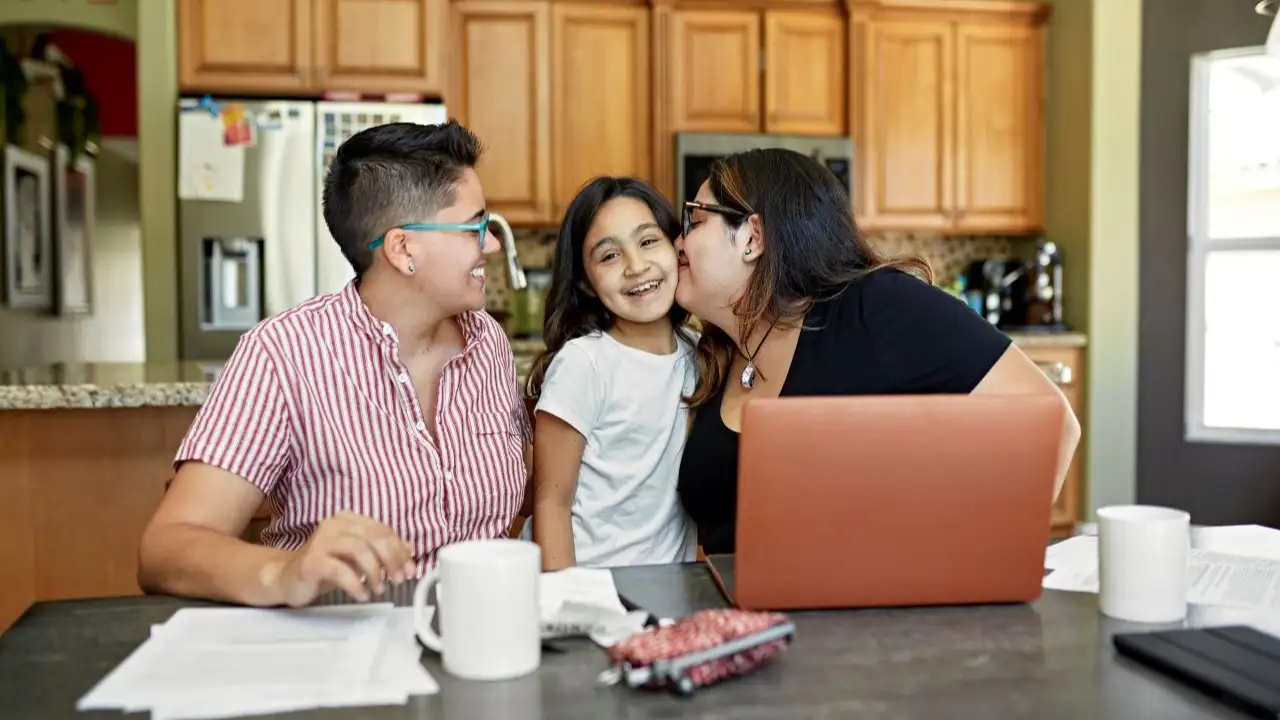
Money Tips & Education
5 tips to stick with an envelope budget
Dec 19, 2024
Written by
Reviewed by
Key takeaways:
Envelope budgets work by tucking a portion of each paycheck—in cash—into envelopes that you spend from.
Rethink budgeting “problems” as opportunities for you to create a better system that works for you.
Envelope budgeting isn’t as strict as most people think, and there are many ways you can adjust it.
Download our free budgeting app to track your spending and fine tune your category spending limits.
A budget is your roadmap to financial success. But like any journey, it’s possible to take a wrong turn now and then.
That’s especially true if you’re using an envelope budget and relying on cash. The unplanned detour? You could run out of money in an envelope before the month is over. You’ll have to decide whether to take cash from another envelope or say no to a purchase.
Rather than let your whole budget go out of whack, here are a few ideas to help you get back on track and stay the course to your final destination of a better financial future.
1. Give yourself grace
First things first: everybody encounters setbacks from time to time, and it’s important to have compassion for yourself. Picture yourself giving advice to a good friend. What would you tell them if they were having problems sticking with their envelope budget?
You’d probably say that practice makes perfect, right? That they’re not a failure just because they’re still getting the hang of it. They’re learning a new way of doing things, and it’s OK to hit speed bumps and stumbling blocks—as long as they get back on the trail and keep making progress toward their goal.
Now, give this same advice to yourself, because you deserve it too.
2. Practice the art of saying no to some of your wants (and YES to your future)
One of the most important skills to master with an envelope budget is being able to say no when you really, really want to buy something but you’ve already depleted the envelope for that category. After all, credit cards make it easy to overspend, but you can’t do that with an envelope budget. Limited-time sales and special deals make it even tougher. (Hello, Black Friday.)
Here’s a neat way to frame it, though. Don’t think of it as saying no per se. Instead, think of it as giving an enthusiastic YES! to dodging credit card debt and working toward your financial goals. These are the moments that will really help you move forward to financial freedom. Each time you say no, you’re strengthening that muscle, and things will get easier over time.
3. Consider smaller envelopes
With an envelope budget, you’ll set aside a month’s worth of spending into envelopes labeled with each spending category. But many people don’t like the idea of carrying a month’s worth of cash around—and we don’t blame them. That’s one of the biggest downsides of envelope budgeting. But you don’t necessarily need to carry around all that money.
Instead, try splitting that cash up in different ways that align better with your actual spending patterns. Here are some ideas:
Use “his” and “hers” envelopes if you and your partner need to spend separately from the same envelope.
Use biweekly or even weekly envelopes to pace your spending more, especially if you tend to run out of money before the end of the month.
Use a paperclip to earmark money that you’ll need later in the month, such as for salon appointments or other events.
Recommended: How to talk to your partner about money
4. Get creative with your envelopes
Lots of people have successfully used the envelope budgeting method with plain ‘ol white mailing envelopes. But if you’re the creative type, fancying those envelopes up to something out of the ordinary could help make budgeting more fun. If you enjoy your envelopes, you might be more inclined to stick to your limits.
A cold, clinical white envelope isn’t as exciting as one that you’ve decorated to look nice the next time you’re at the cash register paying for groceries. Try using tabs, labeling schemes, stickers, or other organization methods. Make it your own envelope budgeting system.
Pro tip: Try decorating your envelope with things that remind you of your savings goals. A visual reminder of the things you want could make it easier to say no to spending when you don’t need it.
5. Create a game plan for online purchases
You don’t need to give up online shopping just because you’re using cash. But online shopping is one of the easiest ways to overspend. It’s easier to keep your budget on track and moving forward if you come up with a way to handle your shopping strategy in advance.
Here are some ideas:
Use a free budgeting app like Achieve’s MoLO app.
Limit social media time if you find yourself making impulse purchases from targeted ads.
Don’t save your credit card details online. If you have to enter it in manually each time, that extra little pause could remind you to avoid overspending.
Make a separate “online purchases” envelope that you put cash into when you buy something online with a credit card. Then, deposit that cash into your bank account to pay the charge.
Create a rule: Anytime you want to buy something online, write it down and wait 24 hours before buying it. That extra pause lets you rethink whether it’s needed.
The more time you put into fine-tuning your envelope budget, the better you’ll get.
Author Information
Written by
Lindsay is a writer for Achieve. She's passionate about helping people learn how to manage their money better so that they can live the life they want. She enjoys outdoor adventures, reading, and learning new languages and hobbies.
Reviewed by
Jill is a personal finance editor at Achieve. For more than 10 years, she has been writing and editing helpful content on everything that touches a person’s finances, from Medicare to retirement plan rollovers to creating a spending budget.
Related Articles
Some credit checks affect your score, but others don’t, even from the same lender. We’ll explain when and why credit checks can affect your credit.
Jane Meggitt
Author
Myth-busting: you don’t need to carry a credit card balance to have good credit! Learn how credit utilization affects credit scores.
Rebecca Lake
Author
Ready to take control of your money? Learn what a budget can do for you and how to make one.
Rebecca Lake
Author
Some credit checks affect your score, but others don’t, even from the same lender. We’ll explain when and why credit checks can affect your credit.
Jane Meggitt
Author
Myth-busting: you don’t need to carry a credit card balance to have good credit! Learn how credit utilization affects credit scores.
Rebecca Lake
Author
Ready to take control of your money? Learn what a budget can do for you and how to make one.
Rebecca Lake
Author


